U.S. shuts embassy in Yemen capital citing terror threat
The United States has shut its embassy in Yemen in response to threats by an al-Qaeda offshoot linked to an alleged failed U.S. plane bomb plot.
Sunday, 03.01.2010.
10:23

The United States has shut its embassy in Yemen in response to threats by an al-Qaeda offshoot linked to an alleged failed U.S. plane bomb plot. The closure in the capital Sana'a was due to "ongoing threats" to attack U.S. interests in Yemen, said a statement. U.S. shuts embassy in Yemen capital citing terror threat It comes a day after top U.S. soldier Gen David Petraeus visited Yemen to pledge U.S. support for its fight with al-Qaeda. Gen Petraeus said on Friday the U.S. would more than double counter-terror aid to Yemen this year. "The U.S. Embassy in Sana'a is closed today, January 3, 2010, in response to ongoing threats by al-Qaeda in the Arabian Peninsula to attack American interests in Yemen," said a statement on the embassy website on Sunday. Analysts say the U.S. has been providing intelligence and other help to Yemeni forces, which carried out raids on December 17 and 24 that reportedly killed more than 60 militants. On Saturday, Gen Petraeus, head of US Middle East and Central Asian operations, visited Yemeni President Ali Abdallah Saleh to discuss the militant threat. Yemeni officials said they had sent more troops to fight al-Qaeda militants in the provinces of Abyan, Baida and Shabwa. "These measures are part of operations to hunt down elements of al-Qaeda... and tighten the noose around extremists," a Yemeni official told AFP news agency. Gen Petraeus announced on Friday in a news briefing in the Iraqi capital Baghdad that U.S. counter-terrorism aid to Yemen would more than double in the coming year. On Saturday, President Barack Obama accused Yemen-based al-Qaeda in the Arabian Peninsula of orchestrating a failed Christmas Day attack on a U.S. plane. The group said in an internet statement last week it had trained Umar Farouk Abdulmutallab, who spent time in Yemen last year, to carry out the attempted bombing of the airliner over Detroit. In his weekly address, Obama said he had made it "a priority to strengthen our partnership with the Yemeni government, training and equipping their security forces, sharing intelligence and working with them to strike al-Qaeda terrorists". He said training camps had already "been struck, leaders eliminated, plots disrupted". Earlier, the British prime minister's office said the UK and U.S. would jointly fund a new counter-terrorism police unit in Yemen. Officials in Washington said funding was already in place and they were unaware of any new initiatives. Correspondents say the Yemeni government needs economic as well as military aid. With a fast-growing and impoverished population, the country is facing diminishing water reserves and the likelihood that its only source of income, oil, will run dry in a few years. But security is just as big a challenge, complicated by an abundance of firearms, an insurgency in the north and a secessionist movement in the south. While the government is weak and unpopular in much of the country, the U.S. has little choice but to work through it to fight al-Qaeda as any overt U.S. presence would almost certainly provoke a public backlash. But the prospects of re-asserting central government authority over the lawless areas where al-Qaeda is based look, in the opinion of some analysts, remote - even with beefed-up American support.
U.S. shuts embassy in Yemen capital citing terror threat
It comes a day after top U.S. soldier Gen David Petraeus visited Yemen to pledge U.S. support for its fight with al-Qaeda.Gen Petraeus said on Friday the U.S. would more than double counter-terror aid to Yemen this year.
"The U.S. Embassy in Sana'a is closed today, January 3, 2010, in response to ongoing threats by al-Qaeda in the Arabian Peninsula to attack American interests in Yemen," said a statement on the embassy website on Sunday.
Analysts say the U.S. has been providing intelligence and other help to Yemeni forces, which carried out raids on December 17 and 24 that reportedly killed more than 60 militants.
On Saturday, Gen Petraeus, head of US Middle East and Central Asian operations, visited Yemeni President Ali Abdallah Saleh to discuss the militant threat.
Yemeni officials said they had sent more troops to fight al-Qaeda militants in the provinces of Abyan, Baida and Shabwa.
"These measures are part of operations to hunt down elements of al-Qaeda... and tighten the noose around extremists," a Yemeni official told AFP news agency.
Gen Petraeus announced on Friday in a news briefing in the Iraqi capital Baghdad that U.S. counter-terrorism aid to Yemen would more than double in the coming year.
On Saturday, President Barack Obama accused Yemen-based al-Qaeda in the Arabian Peninsula of orchestrating a failed Christmas Day attack on a U.S. plane.
The group said in an internet statement last week it had trained Umar Farouk Abdulmutallab, who spent time in Yemen last year, to carry out the attempted bombing of the airliner over Detroit.
In his weekly address, Obama said he had made it "a priority to strengthen our partnership with the Yemeni government, training and equipping their security forces, sharing intelligence and working with them to strike al-Qaeda terrorists".
He said training camps had already "been struck, leaders eliminated, plots disrupted".
Earlier, the British prime minister's office said the UK and U.S. would jointly fund a new counter-terrorism police unit in Yemen.
Officials in Washington said funding was already in place and they were unaware of any new initiatives.
Correspondents say the Yemeni government needs economic as well as military aid.
With a fast-growing and impoverished population, the country is facing diminishing water reserves and the likelihood that its only source of income, oil, will run dry in a few years.
But security is just as big a challenge, complicated by an abundance of firearms, an insurgency in the north and a secessionist movement in the south.
While the government is weak and unpopular in much of the country, the U.S. has little choice but to work through it to fight al-Qaeda as any overt U.S. presence would almost certainly provoke a public backlash.
But the prospects of re-asserting central government authority over the lawless areas where al-Qaeda is based look, in the opinion of some analysts, remote - even with beefed-up American support.












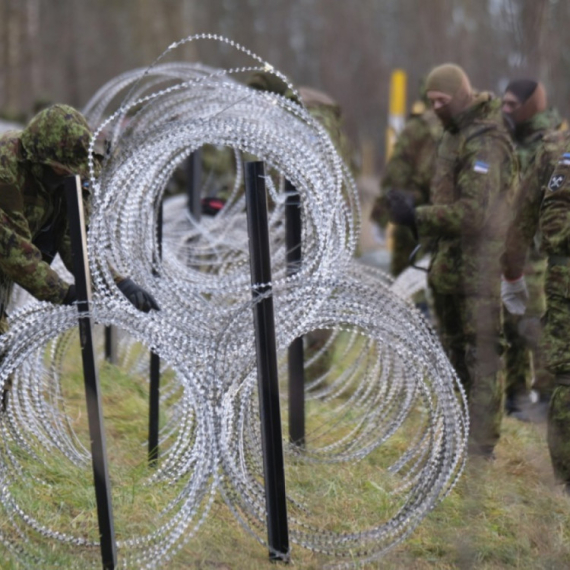

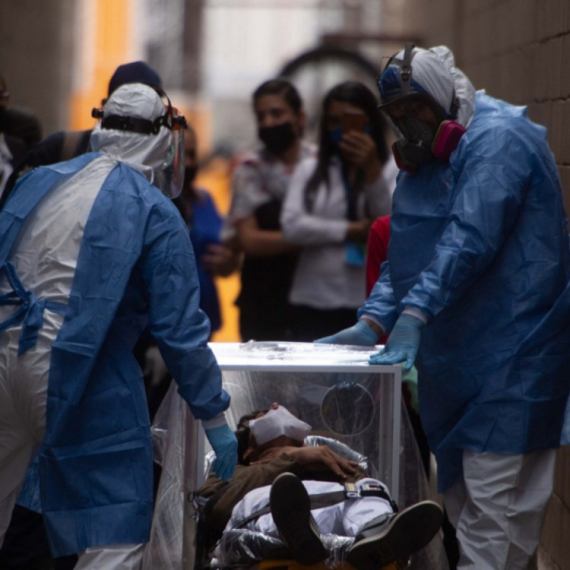
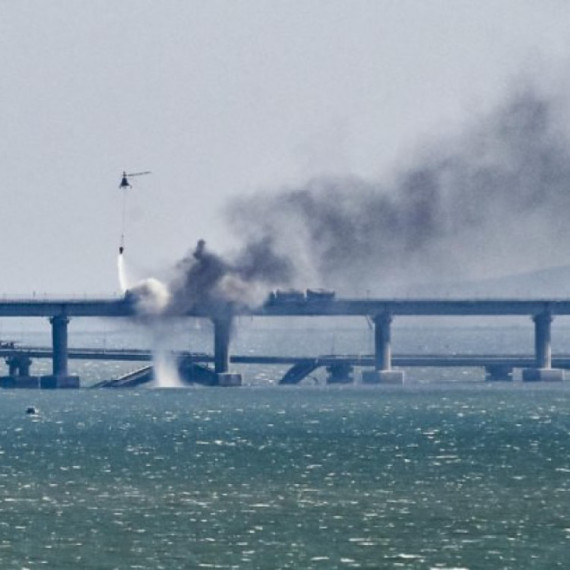
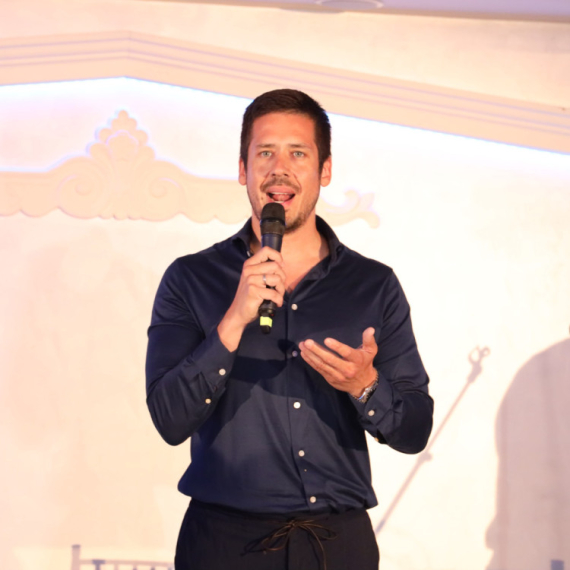


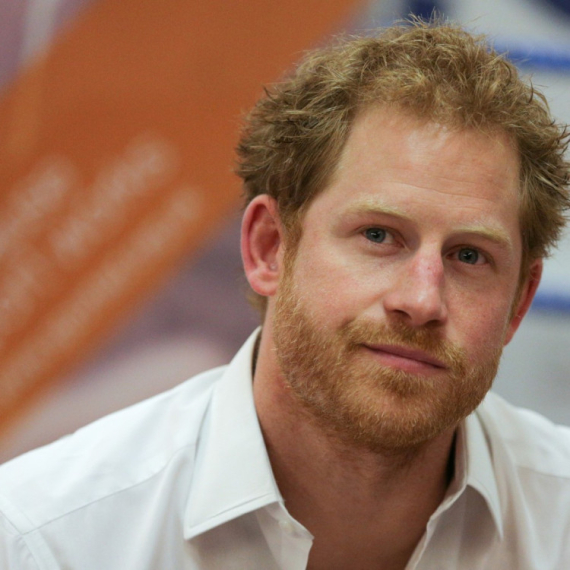







Komentari 0